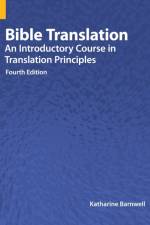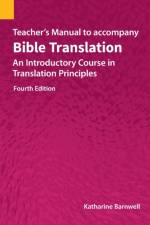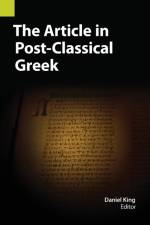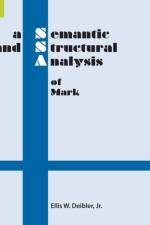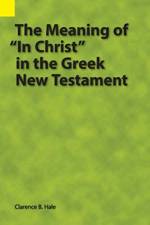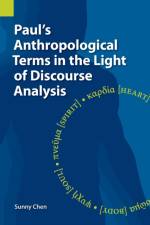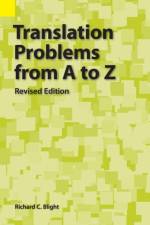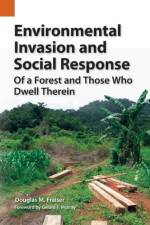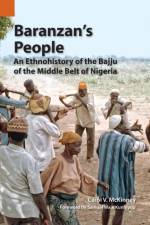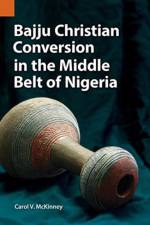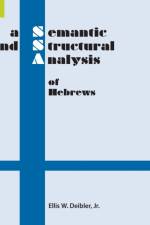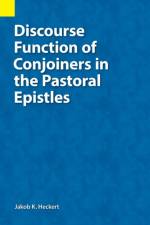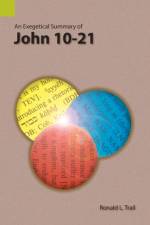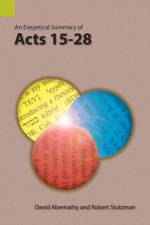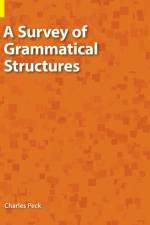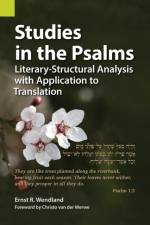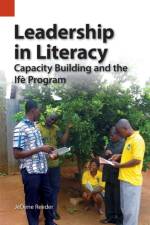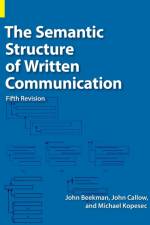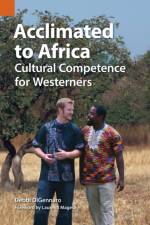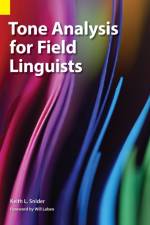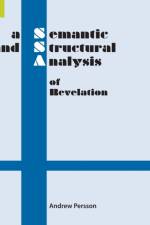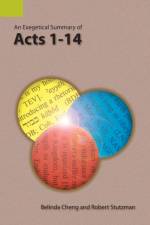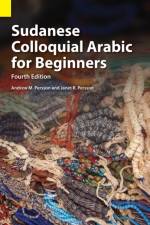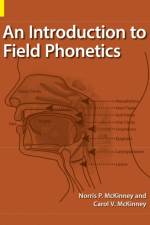- An Introductory Course in Translation Principles, Fourth Edition
av Katharine Barnwell
521
Bible Translation: An Introductory Course in Translation Principles continues to provide crucial, practical training for those preparing to translate the Bible or contribute to Bible translation in other ways.The fourth edition of this classic textbook is a leading voice in addressing the following developments in the Bible translation world: The priority of oral communication and its value in drafting, testing, and polishing draft translations. The availability of software and online resources specifically designed for Bible translation; exercises and assignments include practice in the use of these resources. The increase in Old Testament translation projects worldwide; more examples and exercises from the Old Testament are included. The value of partnership and teamwork in translation projects, recognizing the different gifts, skills, and roles of those involved, helping each team member to serve effectively as a member of a team. The involvement of local churches and community in the translation process; planning for local responsibility, ownership and sustainability as fully as possible in each translation project. The importance of ongoing training for translators, including training translators to train others and preparing capable translators to serve as translation consultants in due time.The materials are designed for the classroom but are also suitable for self-study, for example, by those who are already qualified in biblical languages and exegetical skills and are training as translation consultants. A companion Teacher's Manual is also available.Documents, references, and links to videos and other published works can be found online at: publications.sil.org/bibletranslation_additionalmaterials.Bible Translation: An Introductory Course in Translation Principles has previously been translated in whole or in part into French, Hindi, Indonesian, Kannada, Malagasy, Malayalam, Marathi, Oriya, Portuguese, Russian, Slovak, Spanish, Swahili, Tamil, and Telugu. For information on translation or repbublishing, contact: sil.org/resources/publications/about/contact.

